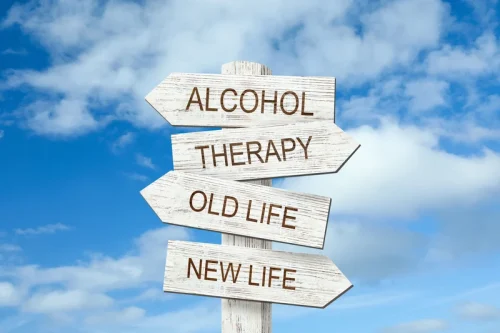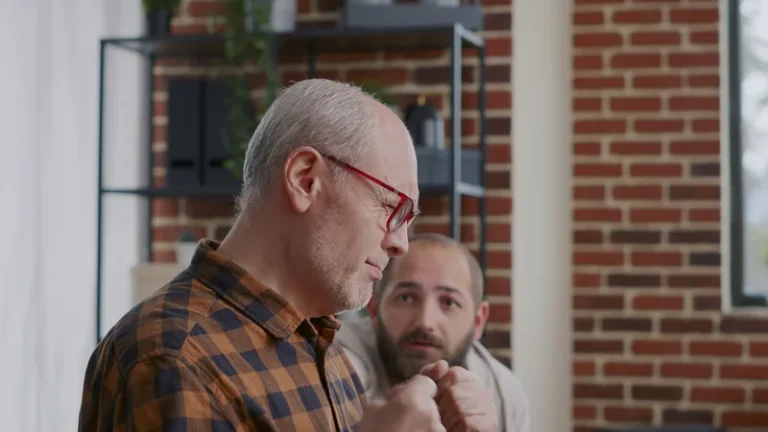
Sleepwalking and parasomnias — You may experience moving a lot or talking while you’re sleeping. There’s a chance you’ll physically act out your dreams in your sleep, or even sleepwalk. If you have alcohol in your system when you hit the hay, you may not sleep very deeply, or for very long, on and off throughout the night. That’s because as alcohol starts to metabolize, the sedative effect wears off. does alcohol help you sleep Sleep is essential for consolidating information learned throughout the day and performing daily tasks.
Understanding the effects of alcohol on sleep
By suppressing this all-important stage, alcohol can spur fatigue, brain fog, and emotional dysregulation. Although booze might help you fall asleep faster in some cases, it seems to have a net negative effect on sleep quality. Due to how it affects the neurotransmitters gamma-aminobutyric acid (GABA) and glutamate, alcohol disrupts our natural sleep architecture—particularly during the second half of the night. People who wake up tired every morning may be more likely to lean back in to drinking to help them sleep better.
How alcohol can affect sleep quality: 6 symptoms
- Here’s what else to know about the relationship between nightcaps and your nightly rest.
- And even though alcohol might make you feel sleepy at first, it can disrupt sleep later in the night.
- Understanding how alcohol affects sleep can help you enhance your sleep quality and may potentially lead you to make different choices before bed.
Their crucial work saves lives every day.Let Mayo Clinic researchers know they’re appreciated with a quick message. Founded in 2014, this site is dedicated to bringing you the most comprehensive sleep-industry information on the web. You’ll find everything from mattress reviews to sleep tips. Head over to our About page to learn more about the team behind Sleepopolis. There are many ways to relax in the evening without alcohol.
Researchers
- Researchers have found that insomnia is arisk factor for alcohol abuse.
- Elevated cortisol levels can contribute to feelings of irritability, anxiety, and overall stress and increase the risk of long-term health problems.
- Their crucial work saves lives every day.Let Mayo Clinic researchers know they’re appreciated with a quick message.
- Consistent alcohol consumption can lead to long-term sleep issues.
- You can’t go wrong with high-fiber foods, like vegetables, fruits and crackers.
The impact of drinking on insomnia may beparticularly acute in older adults. A person might think that having a drink before bed may help them sleep because alcohol helps them relax. However, alcohol is detrimental to getting a good night’s rest. Because of drinking’s negative impact on sleep cycles, a person does not sleep as well if they drink before bed. Disrupted sleep can increase the production of stress hormones like cortisol.

Develop a bedtime routine that signals to your body it’s time to wind down. Try dimming the lights, turning off electronic devices, and relaxing by reading or taking a warm bath. Alcohol can cause sleepiness and may initially have a sedative effect. This is because it depresses the central nervous system and enhances the effects of the GABA neurotransmitter, which slows brain activity.

For the treatment of either disorder to be effective, both insomnia and substance abuseshould be addressed together. Someone in recovery from alcohol use may experience setbacks because of sleep-related withdrawal symptoms. Many people rely on alcohol’s calming effect after a rough day. They may believe it reduces their anxiety over the day’s events and helps them get to sleep. If this pattern repeats daily, a person is more likely to become dependent upon alcohol to fall asleep.

Ways to avoid alcohol causing sleepiness

Select an option(s) below that best describes you to get communication that matches your interests. Adrienne Santos-Longhurst is a Canada-based freelance writer and author who has written extensively on all things health and lifestyle for more than a decade. Also, research shows that people can develop a tolerance to this boozy method within three nights, causing you to need a larger amount of alcohol to get the same effect. Your daily habits and environment can significantly impact the quality of your sleep. Take the Sleep Quiz to help inform your sleep improvement journey. And it doesn’t take long to notice the difference — 80% of RISE users get more sleep within five days.
How Many Hours Before Bed Should You Stop Drinking?
Alcohol disrupts the natural cycle of sleep stages, which typically alternates between non-REM and REM sleep every 80 to 100 minutes, between four and six times a night. After a night of drinking, you may enter a deeper sleep than usual as soon as you fall asleep and spend less time in REM sleep. As the night wears on, you experience less deep sleep and more light sleep, leading to sleep disturbances and poor-quality sleep. Anyone who has experienced a restless night after a few drinks can attest to alcohol’s disruptive effect on sleep. Though alcohol can increase drowsiness and reduce the time it takes to fall asleep, it can ultimately reduce sleep quality and change sleep patterns.